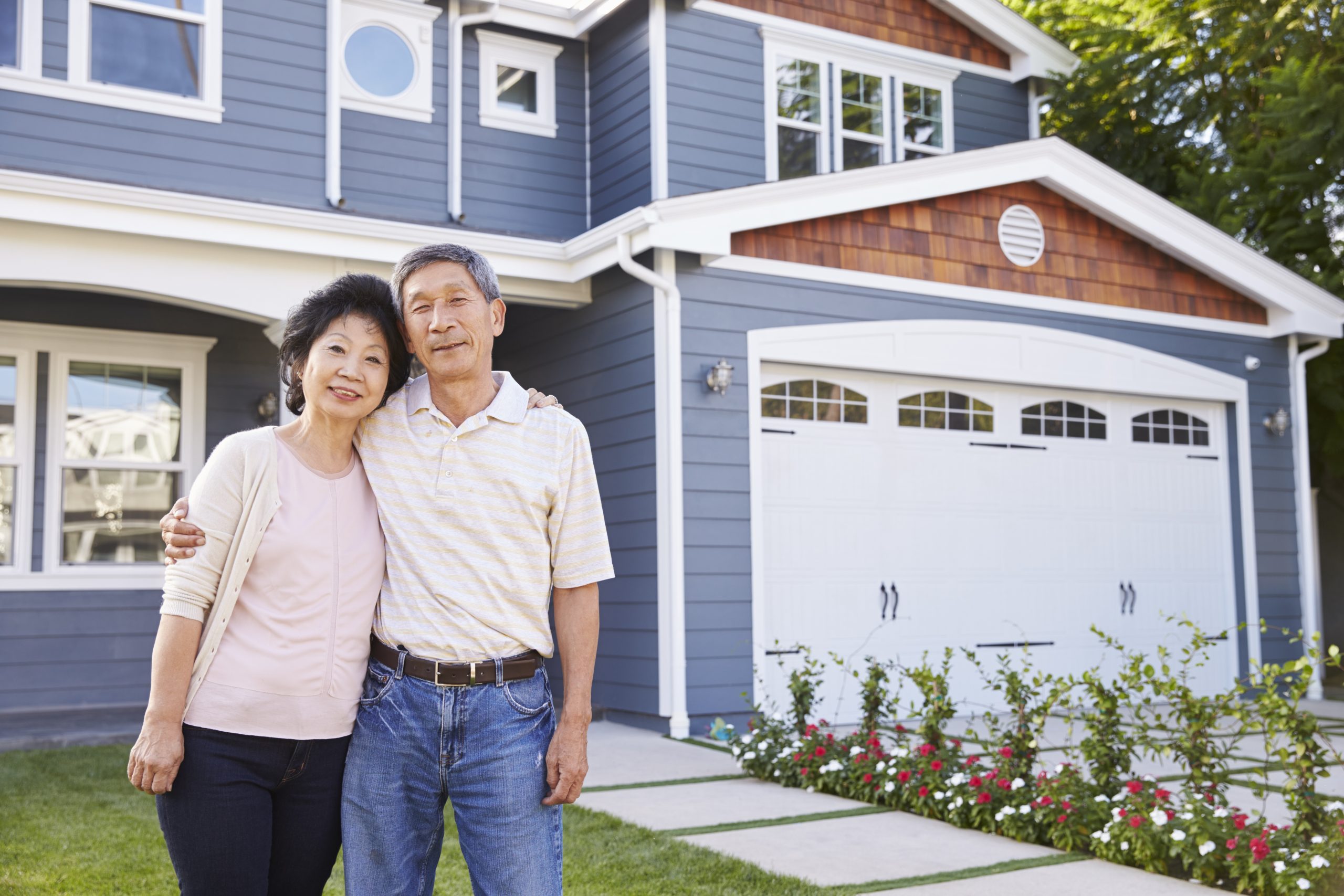Find Assisted Living in Your Area
 Seniors may face housing emergencies for any number of reasons. Sometimes living with physical or mental health issues and cognitive decline results in an inability to adequately care for themselves, while other times a lack of social and financial support leads to eviction from the homes they love. Unfortunately, when family care and other resources aren’t available, this can lead to poverty and homelessness.
Seniors may face housing emergencies for any number of reasons. Sometimes living with physical or mental health issues and cognitive decline results in an inability to adequately care for themselves, while other times a lack of social and financial support leads to eviction from the homes they love. Unfortunately, when family care and other resources aren’t available, this can lead to poverty and homelessness.
According to a report sponsored by Actionable Intelligence for Social Policy at the University of Pennsylvania, “The number of U.S. aged homeless over age 55 could grow to 225,000 by 2026, up from 170,000 in 2017.” Further, the National Coalition for the Homeless estimates that the average life expectancy for homeless people is about 50 years, which puts many of our nation’s seniors on borrowed time.
The good news is that there are programs that can provide emergency housing and support for your senior loved one in crisis. Below, we discuss what you need to know about emergency housing, as well as information about where and how to find programs across the U.S.
What Is Emergency Housing?
Emergency housing programs provide temporary indoor accommodations for seniors, families and other individuals who are facing a high risk of homelessness. While some emergency housing programs are operated in shelters or standalone facilities that provide a safe place to sleep, others can provide temporary financial support to cover rent or mortgage payments.
Who Can Access Emergency Housing Programs?
Each emergency housing program sets its own parameters, which means eligibility can vary. If your loved one is homeless or facing imminent homelessness, explore the resources that are available in your city or state.
Seniors who need access to emergency housing may be living with circumstances, such as:
- No knowledge of or no access to social assistance programs
- Limited income or high housing costs that drain their income
- A lack of family support
- Psychiatric or physical illness
- Addictions
Regardless of why your loved one needs access to housing support, having the ability to access it when it’s needed most is vital. The following list provides details about emergency housing programs that are offered across the country and may provide support for seniors who are homeless or facing an immediate risk of homelessness.
Senior Programs for Emergency Housing
 Seniors or anyone else who requires urgent social assistance can dial 2-1-1 to connect with United Way, which is committed to helping homeless seniors find local shelters or access transitional housing. The service can also connect seniors with other resources, including those intended to provide food, mental health support or funding for health care expenses.
Seniors or anyone else who requires urgent social assistance can dial 2-1-1 to connect with United Way, which is committed to helping homeless seniors find local shelters or access transitional housing. The service can also connect seniors with other resources, including those intended to provide food, mental health support or funding for health care expenses.
How to Apply
No application is necessary. To access local programs, seniors can simply dial 2-1-1 from nearly anywhere in the U.S. to be put in touch with the programs and resources they need. Alternatively, those needing help can contact United Way online for assistance.
Eligibility
No eligibility requirements are in place. Anyone who requires help can access an array of programs via 2-1-1. However, some programs may have eligibility guidelines in place.
Housing Choice Voucher Program
The U.S. Department of Housing and Urban Development (HUD) provides Housing Choice Vouchers for the elderly, which helps those with very low incomes reduce their housing costs. The voucher acts as a subsidy, providing a portion of the rent directly to the beneficiary’s landlord.
How to Apply
Seniors can apply for the Housing Choice Voucher Program by contacting their local public housing agency (PHA) or calling (800) 955-2232. The PHA will require applicants to provide information about assets, family income and household members. Once the information is confirmed and eligibility is verified, vouchers are issued relatively quickly if available.
Although Housing Choice Vouchers can be a good option for seniors facing urgent housing crises, these programs do fill up occasionally, and when that happens, approved applicants may be placed on a wait list until more funding is available.
Eligibility
Each PHA is responsible for determining eligibility requirements for its Housing Choice Voucher program. However, the law requires that 75% of vouchers must be provided to applicants with household incomes totaling less than 30% of the area median.
Section 202 Supportive Housing For the Elderly
HUD’s Supportive Housing for the Elderly program helps seniors with extremely low incomes access affordable housing, so they can live independently. It supplies rent subsidies, along with services, to support the well-being and safety of its beneficiaries, such as cleaning, cooking and transportation.
How to Apply
To apply for Section 202 Supportive Housing, eligible seniors need to first find an available Section 202 house and reach out to the property management team to determine availability. Once an available house has been found, seniors can complete their application online, over the phone or in-person at the property. Applications can vary, depending on the property manager, but typically, seniors can expect to provide details, such as:
- Full name and contact information
- Date of birth
- Social security number
- Net income
- Housing history
- Criminal history
Applications can take a couple of weeks to process, so while this option is ideal for those facing homelessness, there may be a continued need for shelters or other emergency options while awaiting approval.
Eligibility
To qualify for Section 2022 Supportive Housing for the Elderly, seniors must have at least one household member who is 62 years of age or older, and the household must meet the area’s threshold for very low income.
Emergency Housing Programs for Veterans
U.S Department of Housing and Urban Development-VA Supportive Housing (HUD-VASH)
Senior veterans who are facing homelessness can apply for help via HUD-VASH, a program that provides Housing Choice Vouchers for homeless veterans in collaboration with Veteran Affairs. The objective of HUD-VASH is to provide comprehensive care management services which include housing, mental health treatment, health care and substance abuse counseling, for those who need it.
How to Apply
Seniors who qualify can reach out to Veterans Affairs for help with the application process. Applications are accepted online, in-person or via the Homeless Veterans Helpline: (877) 424-3838, which is available 24/7 and provides veterans immediate access to resources.
Eligibility
To qualify for HUD-VASH, seniors need to have served in a branch of the U.S. military and must be considered very low income.
The U.S. Department of Veterans Affairs offers the Enhanced-Use Lease program. Through this program, the VA acquires underused properties in cooperation with state and local governments to transform them into safe housing and shelters for homeless veterans.
How to Apply
Homeless veterans can contact their local VA office or reach out via telephone at (877) 424-3838 to learn more about this emergency housing option.
Eligibility
Enhanced-Use Lease housing is open to all U.S. veterans who are unable to find safe, affordable housing.
State-by-State Emergency Housing Resources

Click on your state below to see what emergency housing resources are available in your area, as well as program descriptions and contact information.
